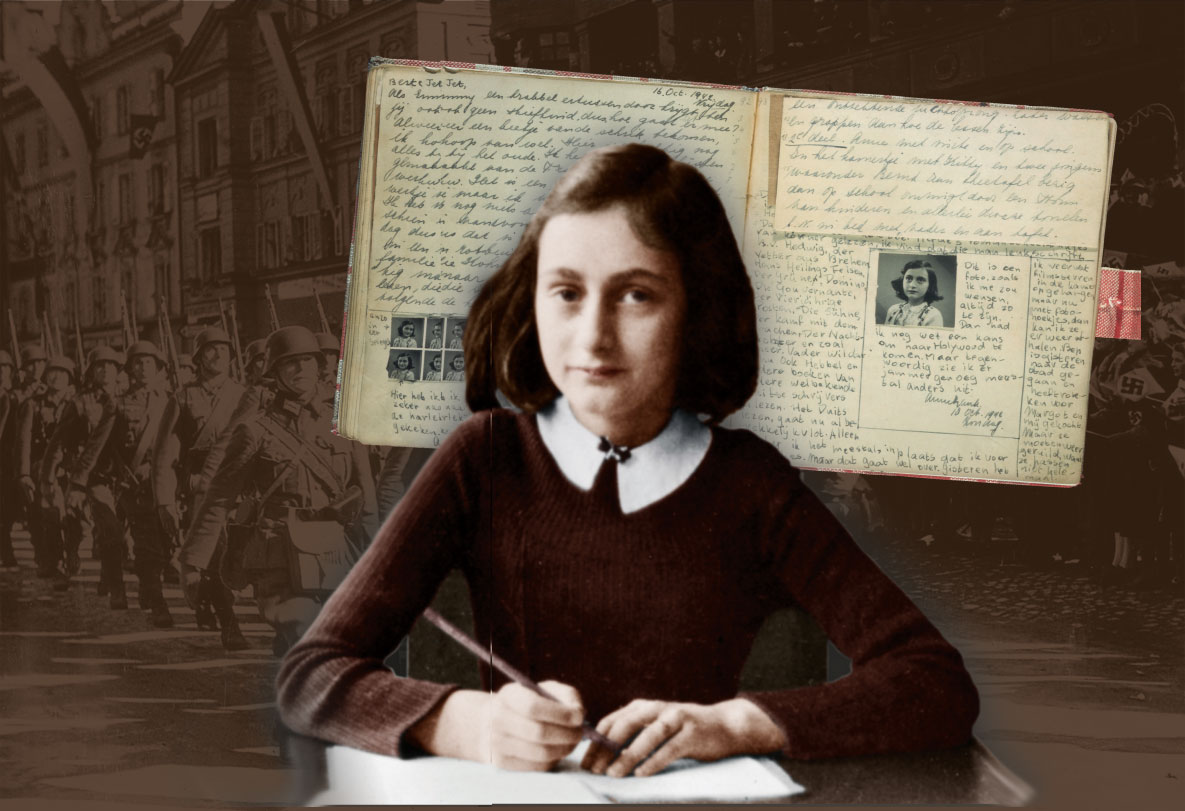

The title story-a delicious riff on Raymond Carver’s iconic story “What We Talk About When We Talk About Love”-is perfect. His first collection of short stories, For the Relief of Unbearable Urges, proved that, and this new collection has reconfirmed it. Satisfyingly often, my assumptions about what story and character are might be up for grabs.

Even if I think I know where the tale is going, it’s probably not going to go there. isbn 9780307958709 One of the most intriguing things about Nathan Englander’s stories is the element of surprise. What We Talk About When We Talk About Anne Frank. Morrison University of Oklahoma Nathan Englander. I don’t know why I’m even living.” In these and other personalized glimpses of a society in distress, Digital Geishas vivifies the anguish of a culture of the East that seems to eerily anticipate the future of the West. I don’t have a single person who likes me, either at work or in my private life. The collection officer in Haruki Murakami’s “Super-Frog Saves Tokyo,” who returns home one day to find a six-foot-tall talking frog awaiting him, is chosen to help save Tokyo from an impending earthquake precisely because he is a total nonentity: “I’m. The protagonist in Yoko Tawada’s “To Khabarovsky” suffers a nightmare of identity mutilation and bodily metamorphosis. And so the depressive young woman in Hitomi Kanehara’s “Delilah” can find momentary surcease only in anonymous sex. Japanese youth, especially, responded either by rejecting the search for self altogether and becoming hikikomori (withdrawn youth) of Michael Zielenziger’s Shutting Out the Sun (2006) or by seeking identity in one of the consumer or religious monosubcultures of Karl Taro Greenfeld’s Speed Tribes (1994). Cultural and socioeconomic forces fragmented families and widened generational gaps into chasms. Nota Bene july–august 2012 s, Japan’s long quest for national identity turned inward, personal. Lines reminiscent of Ewe oral tradition explore themes common to native Ghanaians and westerners alike. Kofi Anyidoho The Place We Call Home and Other Poems Ayebia Poetry concerning life, death, and African mystics bridges the grief and jubilation that have gripped ancestral Africa and continue to grip the global society. “With his crafty style, Beyer raises questions about memory, one’s personal history, and how to come to terms with the past and memory, if that is even possible” (WLT, Jan. Houghton Mifflin Harcourt Based loosely on the life of Konrad Lorenz, a renowned zoologist in the GDR, Kaltenburg engages the reader with compelling detail. In lieu of an abstract, here is a brief excerpt of the content:


 0 kommentar(er)
0 kommentar(er)
